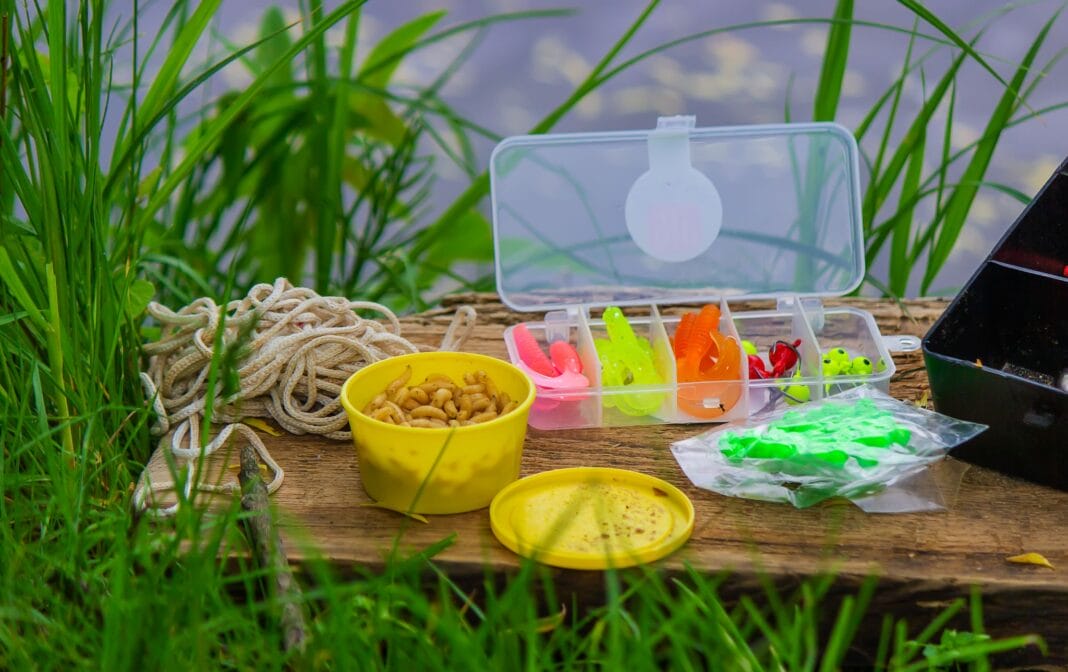Fishing is a time-honored tradition that brings together enthusiasts of all ages, drawn by the promise of serenity and excitement while exploring nature’s waterways. For beginners eager to dip their toes into freshwater fishing, selecting the right bait is crucial for success. This comprehensive guide aims to assist novice anglers in understanding the most effective freshwater baits, offering insights into their uses and advantages.
Understanding Freshwater Fishing
Before learning about bait, it’s vital to understand the basics of freshwater fishing. Freshwater environments generally consist of rivers, lakes, ponds, and streams. Within these waters, a variety of fish species thrive, each favoring certain types of food. As a beginner, matching the bait to the target fish species increases the chance of a successful catch.
Natural vs. Artificial Baits
Baits can be broadly categorized into natural and artificial types.
Natural Baits
Natural baits are real food items that fish naturally prey upon. They offer a scent and texture that attracts fish, making them highly effective.
- Worms: Arguably the most popular choice among beginners, worms such as nightcrawlers and red wigglers are versatile and effective for attracting species like bluegill, bass, and catfish. Their natural movement in the water is incredibly enticing to fish.
- Minnows: These small fish are excellent for catching larger predatory fish such as bass, walleye, and crappie. They can be used live or as cut bait, providing visual stimulation and scent in the water.
- Crickets: Particularly effective for sunfish and bluegill, crickets float on water surfaces and make an enticing snack for many freshwater species.
- Leeches: These can be excellent for fish such as walleye and bass. Leeches survive longer in the water and have a wiggly movement that attracts fish from a distance.
Artificial Baits
Artificial baits, or lures, are man-made and designed to mimic the appearance and movement of natural prey.
- Spinners: These consist of a spinning blade that flashes and vibrates, imitating the motion of swimming prey. They are suitable for a variety of fish, including trout and bass.
- Soft Plastics: These lures come in various shapes and sizes to resemble worms, crawfish, and other creatures. They’re particularly effective for bass fishing.
- Crankbaits: Designed to mimic fish, these lures can dive to different depths, enabling anglers to target fish that reside at various levels in the water column.
- Jigs: Comprising a hook with a weighted head and usually adorned with a soft body or feathers, jigs are versatile and can be used to catch species like crappie and bass.
Tips for Choosing the Best Bait
Match the Hatch
Observe the natural prey in the fishing area. Choose baits that closely resemble what fish are actively feeding on.
Water Conditions
Consider the clarity and temperature of the water. In murky waters, baits with bright colors or strong scents can improve visibility and attractiveness.
Fish Behavior
Research the habits and preferences of the target fish species. Some fish are more active during specific times of the day or year, and using the right bait should correspond with these patterns.
Common Mistakes to Avoid
- Overcomplicating Selections: Beginners should start with simple baits that are known to work well instead of trying complex or highly specialized options.
- Ignoring Local Regulations: Always check for local laws regarding bait restrictions. Some areas may have limitations on bait types to protect the ecosystem.
- Neglecting Maintenance: Regularly check and maintain bait quality. Natural baits must be fresh, and artificial ones should be free from damages.
Choosing the right bait is an essential step in the fishing process, especially for beginners eager to experience the thrill of their first catch. By understanding the differences between natural and artificial baits, and applying basic tips for selection, novice anglers can enhance their fishing endeavors. Remember, patience and practice are key, so take the time to experiment with various baits to discover what works best in your local waters. With the right approach, the peaceful and rewarding experience of freshwater fishing awaits.



